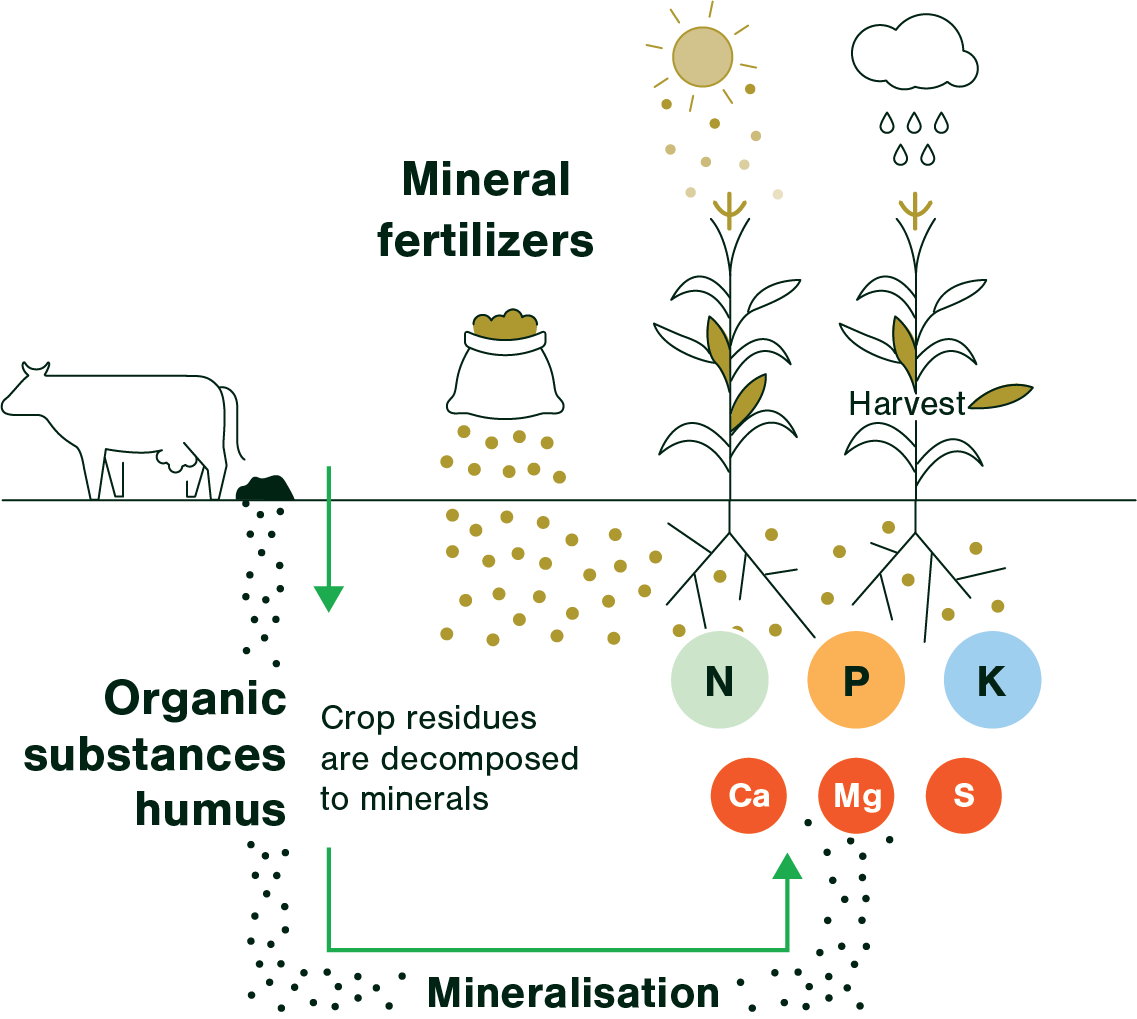Soil pH is the measure of the sourness or sweetness of a patch of ground. The pH scale commonly in use ranges from 0 to 14, increasing with rising alkalinity and decreasing with rising acidity. Extreme readings in either direction are usually undesirable. If a reading falls on the middle part of that scale (numerically equal to 7), that means the soil is as neutral as Switzerland and you most likely will not have trouble growing the majority of plants suitable for your region there (all else being the same).
So basically, the ground in which you garden can fall into any of the following three categories:
- Acidic soil pH
- Alkaline soil pH
- Neutral soil pH (neither acidic nor alkaline)
Soil pH is not fixed; you can take measures to alter it. If soil pH needs to be lowered (that is, the earth is not acidic enough), apply commercial fertilizers containing sulfur/ammonium-N. Ammonium sulfate is a fertilizer that will lower pH. If soil pH needs to be raised (that is, the earth is not alkaline enough), apply lime.
Fortunately, the web has online calculators to help you determine how much lime or sulfur you would need to apply, given the size of the area where you are attempting to raise or lower soil pH.
Kits are available at some garden centers or home improvement stores for testing your soil pH. Alternatively, you can send in a sample of your soil to your county extension office; they can perform the test and inform you of the results.

Why is soil pH important?
Now that we have gotten the basic information out of the way, let's dig deeper into what "soil pH" means --that is, what its true significance is to those who garden and landscape.
Soil pH is not, itself a nutrient, but it relates to plant nutrition. That is because it governs the availability of nutrients to plants. Particular nutrients that a plant needs can exist in the ground in abundance, but if they are not made available -- due to conditions that are too alkaline, for example -- they will do the plant no good. To be available, the nutrients must be soluble. Soil pH level affects this solubility.
Fun Fact
When soil pH gets too low, levels of the plant nutrient manganese become toxic. At too high of pH levels, molybdenum levels become toxic.
Plants That Like a Low Soil pH (Acidic Ground)
There are many acid-loving plants, including:
Plants That Like a High Soil pH (Alkaline Ground)
The fact that there are plants that will thrive in acidic ground is common knowledge in the gardening and landscaping communities. What is less widely known is that there are also recommended plants for alkaline soils (although in some cases the plants in question simply tolerate alkaline ground -- they do not necessarily prefer it). Examples are:
No comments:
Post a Comment